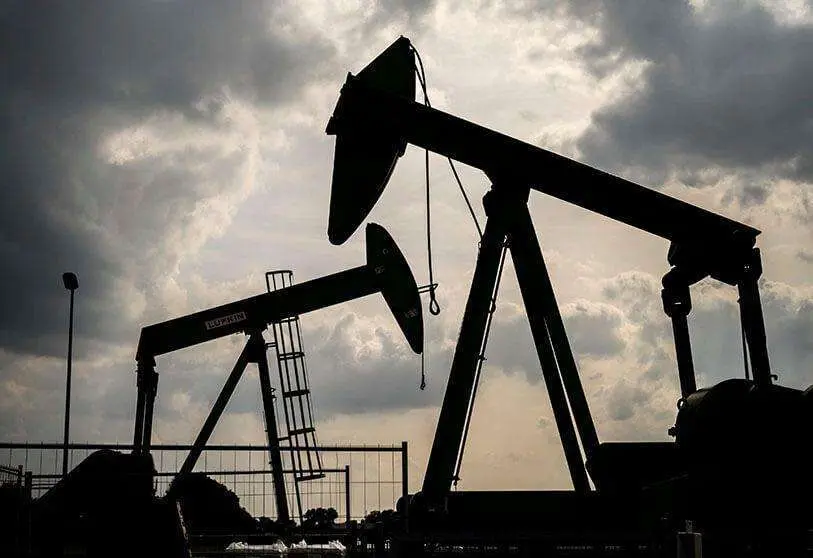Fears of the consequences of COVID-19 lower oil prices

Members of the Organisation of Petroleum Exporting Countries (OPEC+) failed to agree on oil production levels. This has caused a fall in world oil prices since Monday.
Most of the members of the alliance of producers led by Saudi Arabia and Russia rejected proposals to increase supply owing to the impact that new fears could have on the economic sector affected by the COVID-19 pandemic.
Delegates at the meeting said that Russia and Kazakhstan wanted to increase production by 500,000 barrels per day from February. Meanwhile, other members are considering delaying an increase until economic indicators improve. The global benchmark index, Brent crude, fell from previous highs when it became clear that OPEC+ could not reach consensus.
"The 13th OPEC and non-OPEC Ministerial Meeting has been postponed until this Tuesday, January 5. The meeting will resume at 15.30 (Vienna time)", the oil cartel announced. The lack of agreement after more than six hours of virtual negotiations throughout Monday is due to the diametrically opposed positions within the organisation. The meeting will resume today in the hope that an agreement can finally be reached. "Our efforts will continue and we are close to an agreement," an energy official told Arab News.
Prince Abdul bin Salman, Saudi Arabia's energy minister, called on the OPEC+ group to exercise restraint despite rising prices and optimism for economic recovery as a result of the vaccination of populations.
"At the risk of being seen as a spoilsport in these proceedings, I would like to call for caution. The new variant of the disease is a worrying and unpredictable development," the minister said. "Don't put at risk everything we have achieved for an instantaneous but illusory benefit".
Kuwait, Iraq, Nigeria, Azerbaijan and the United Arab Emirates were other countries that opted for a delay in increasing production. The oil analysts allayed fears of a regeneration of the consequences between Russia and Saudi Arabia last March. This had led to an increase in production at the time when the effects of the coronavirus pandemic affecting the world economy emerged.
"The market dynamics are completely different now," said one. The Brent closed at $51.15, having briefly touched $53 earlier in the day, its highest level since March 2020.








